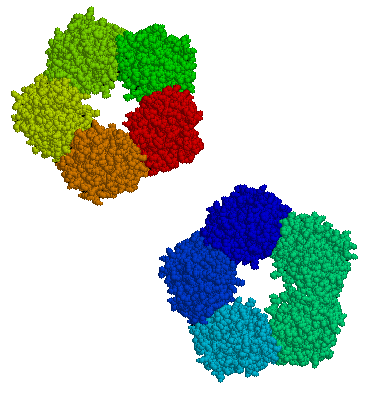High CRP Predicts Early Onset Of A Mood Episode
Barbara Gracious of Ohio State University became interested in the inflammatory marker CRP through studying vitamin D3 deficiency. Vitamin D is a neurosteroid, and low levels of it have been associated with risk of schizophrenia, cardiovascular disease (heart attack), diabetes, mood disorders, cognitive deficits, autoimmune disease, and obesity. High CRP levels are related to low vitamin D, to obesity, and to other inflammatory markers such as IL-6 and TNF alpha.
Gracious measured these levels of CRP in 621 children participating in the Longitudinal Study of Manic Symptoms (LAMS), who were followed up for many years. She found that those with higher levels of CRP developed a mood episode approximately two years earlier than those with normal levels. CRP binds phosphocholine, which activates complement, a kind of protein that induces inflammation. CRP is elevated in 14% to 53% of patients with depression and anxiety.
Copeland et al. reported in the American Journal of Psychiatry in 2012 that after a first depression, high CRP was associated with relapse. CRP also increases in adolescent females (who are at increased risk for depression).
Editor’s Note: These findings suggest the potential importance not only of using CRP as an indicator of depression risk, but also of targeting CRP levels in the hopes of reducing risk of a mood episode in children with elevated inflammatory markers. Supplementing vitamin D3 in those with low levels would be a good place to start, as would preventing or treating obesity and promoting good sleep hygiene and exercise. The potential role of medications with direct anti-inflammatory effects such as aspirin (acetylsalicylic acid) or minocycline deserves further study.
Balanced diet, exercise, and good sleep habits may be easier said (or recommended) than done. Such lifestyle advice must be delivered with motivational interviewing, and instilled through practice, positive feedback, encouragement, and more practice. In children in general, and especially in those at high risk for a mood episode due to a family history of a unipolar or bipolar mood disorder, starting things off right from the outset with good diet, exercise, and sleep routines would be highly recommended. The benefits for long-term health and wellbeing could be enormous.
The results of good health behaviors may be mediated through several pathways. They could lessen inflammation and obesity, increase brain-derived neurotrophic factor (BDNF, which is important for new synapses and long-term memory) and neurogenesis (both of which are increased by exercise), and even lengthen the telomeres that cap the ends of each strand of DNA (short ones are associated with a variety of medical and psychiatric illnesses).


